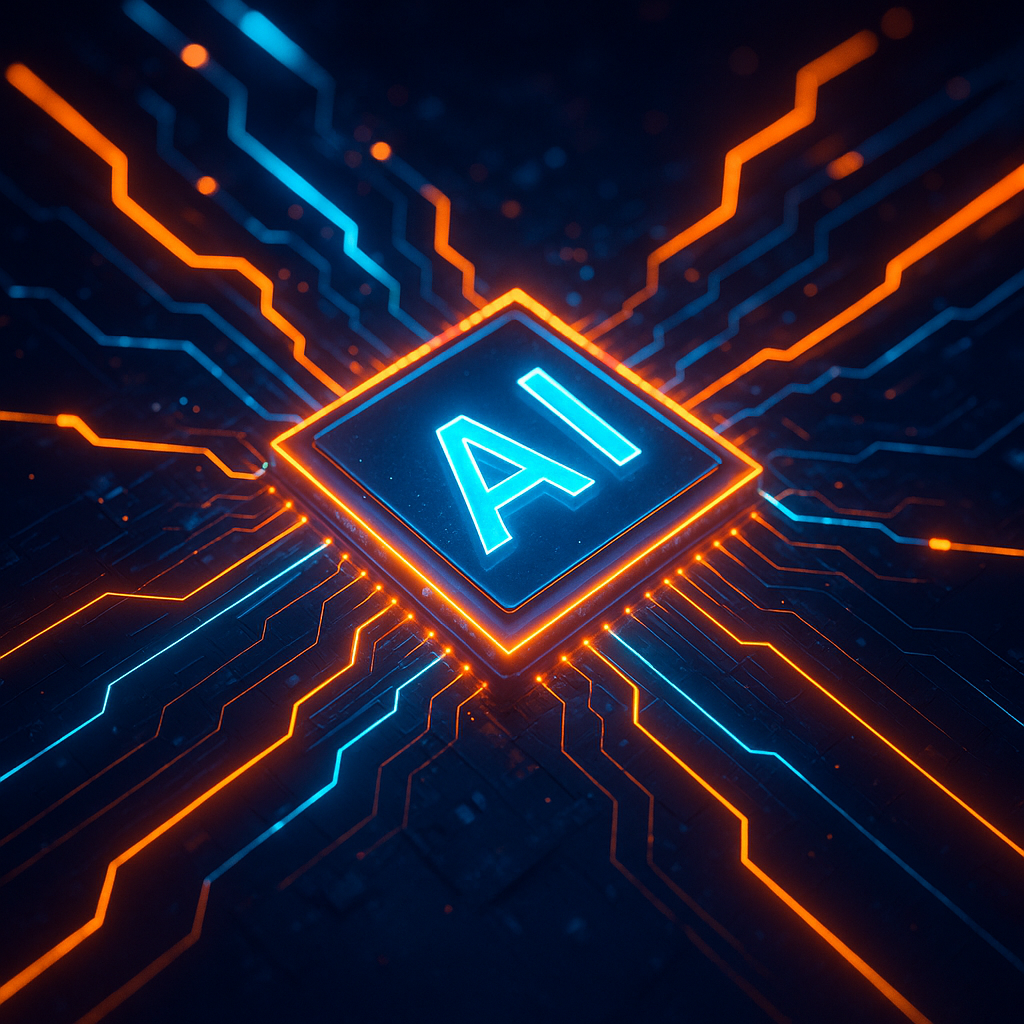Should AI Use Copyrighted Material Freely? The Innovation or Exploitation Debate
As the Productivity Commission considers allowing AI to use copyrighted materials without permission, the debate intensifies over innovation versus exploitation.
The Proposal: A New Era for AI?
Imagine a world where artificial intelligence (AI) can learn from an endless library of resources—be it books, music, or visual art—without the need to seek permission. This isn’t just speculative fiction but a genuine proposal under consideration by the Productivity Commission. The concept suggests that granting AI free access to copyrighted material could significantly accelerate technological advancement and usher in a new era of innovation.
Behind this proposal lies the belief that AI, unrestricted by the legal constraints of copyright, could develop more sophisticated models, offering unprecedented capabilities in various fields. For tech enthusiasts, this potential is exciting, envisioning AI systems capable of mimicking human creativity and problem-solving with unparalleled efficiency.
The Concerns: Artists and Creators at Stake
Yet, not everyone shares this enthusiasm. Artists, musicians, writers, and creators of all kinds express deep concern over what such a move would mean for their work and livelihood. The primary fear is that allowing AI to utilize their copyrighted materials freely could lead to a dilution of credit and, potentially, revenue owed to them for their creations.
Many creators worry that their work will contribute to innovation, yet receive no acknowledgment or compensation. This raises profound ethical questions about intellectual property rights in an AI-driven world. The crux of the issue for these stakeholders is maintaining control over their work and ensuring that the fruits of their labor are respected and rewarded appropriately.
Innovation or Exploitation: Where Do We Draw the Line?
The debate boils down to a critical question: should AI have a copyright exemption, or does this constitute exploitation of creative works? On one hand, proponents argue that AI needs vast amounts of data to function optimally, and access to copyrighted content could drive exponential growth in AI capabilities. On the other hand, this could set a precedent where the rights and rewards due to creators are dismissed in the face of technological advancement.
- Proponents envision accelerated innovation and technological breakthroughs.
- Opponents fear loss of credit and control for original creators.
- Ethical implications of intellectual property vs. technological growth are heavily debated.
Moving Forward: The Need for a Balanced Approach
As captivating as the promise of unfettered AI access to copyrighted material sounds, it’s crucial to examine the broader implications. A balanced approach that considers the rights of creators alongside the potential benefits for technological advancement is necessary. Some suggest a fair use framework or licensing models where creators can opt-in to have their work used and receive compensation accordingly.
Implementing such strategies could ensure that both AI progress and creators’ rights are protected, ensuring that innovation does not come at the cost of exploitation.
What do you think about this ongoing debate? Stay informed, and share your thoughts. And while you’re at it, why not subscribe to our playlist to keep up with more engaging content on technology and innovation? Your insights could be part of shaping the solutions of tomorrow.

Leave a Reply